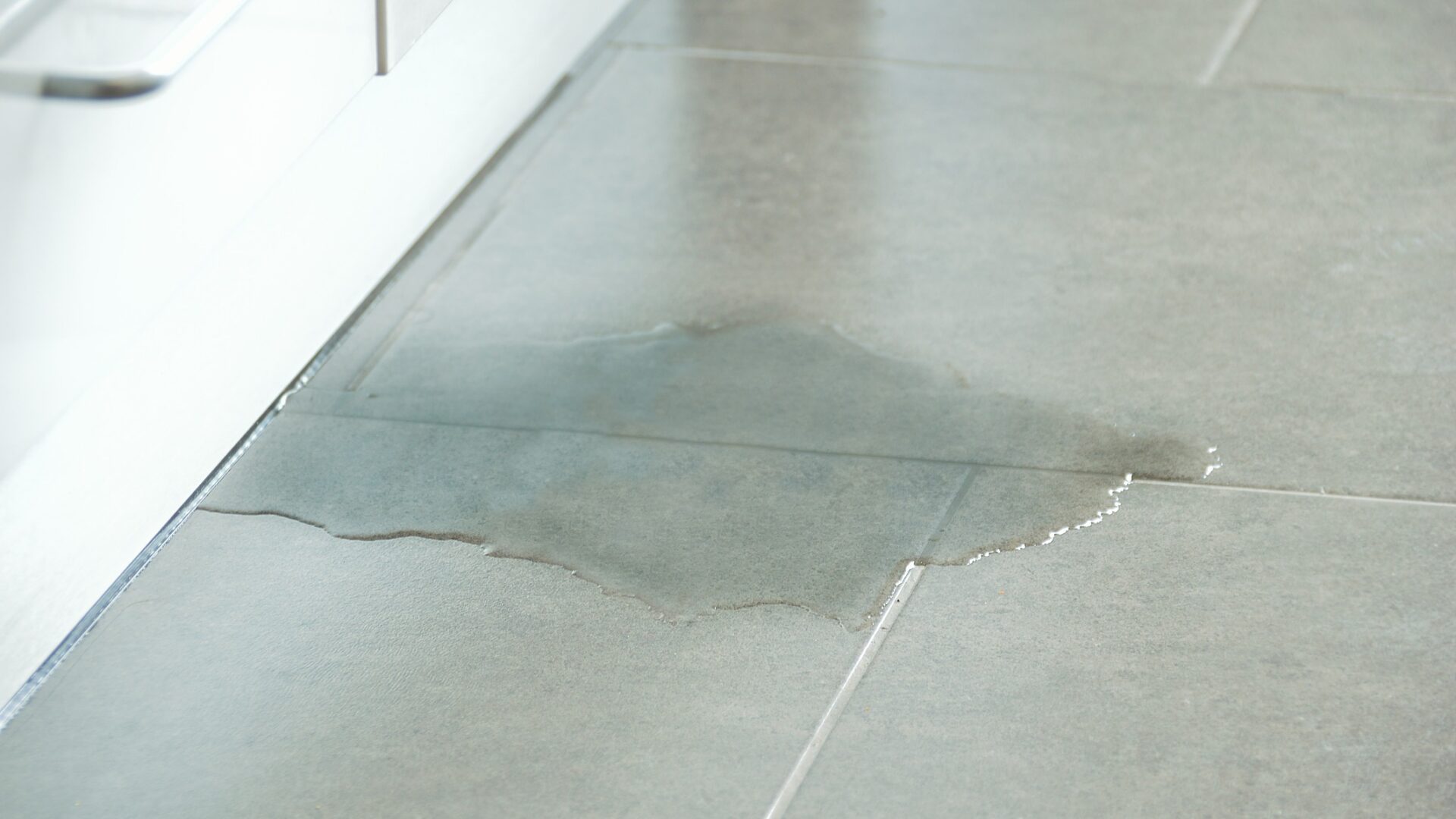
Accent housing association’s failure to categorise a leak as an emergency repair resulted in delays that left a resident at “breaking point”.
The case is included in the Housing Ombudsman’s latest severe maladministration learnings report ahead of Awaab’s Law coming into force in October.
Eleven social landlords are mentioned in the report, including five local authorities and six housing associations.
In this instance, the watchdog found that Accent could not provide evidence of any steps it took to investigate the issues – particularly where key members of staff, such as its surveyors, left the business – due to poor recordkeeping.
The ongoing leak caused the resident such distress that she had a supporting GP letter on the situation’s impact on her health. She stated this was a “cry for help”, but Accent did not arrange a welfare check.
Accent took four days instead of 24 hours to inspect the leak. Although it isolated the leak that same day, it did not undertake a more in-depth damp survey.
There were significant delays in finding the root cause of the issue, which impacted
the resident over a prolonged period.
Accent acknowledged some of its recordkeeping failures and offered the resident compensation. However, the Housing Ombudsman said that Accent “demonstrated no learning” from the resident’s experience, and ordered it to ensure the issues were resolved.
The Housing Ombudsman said that Accent did not include a learning statement on this case.
Awaab’s Law
Clause 42 of the Social Housing (Regulation) Act 2023, also known as Awaab’s Law, mandates that social housing landlords urgently investigate and remediate dangerous hazards within their properties within set time frames.
From October 2025, social landlords will be required to address damp and mould hazards that present a significant risk of harm to tenants within fixed timescales.
They will also have to address all emergency repairs, whether they relate to damp and mould or any other hazard, as soon as possible and within 24 hours.
Commenting on the report, Housing Ombudsman Richard Blakeway said: “From October, Awaab’s Law will apply to emergency repairs as well as damp and mould. Landlords report that nine out of 10 emergency repairs are handled on time, so confidence will be higher for meeting these obligations than in other areas.
“This does not diminish the human impact when things go wrong handling priority repairs.
“While there is more convergence around timescales for emergency repairs compared to other areas, one in three landlords still have more than one response time for an emergency repair and what constitutes an emergency situation can vary between landlords, beyond issues such as electrics, gas and flooding. This suggests some landlords will need to take more action to be ready for an aspect of Awaab’s Law that has been discussed less than damp and mould.”











